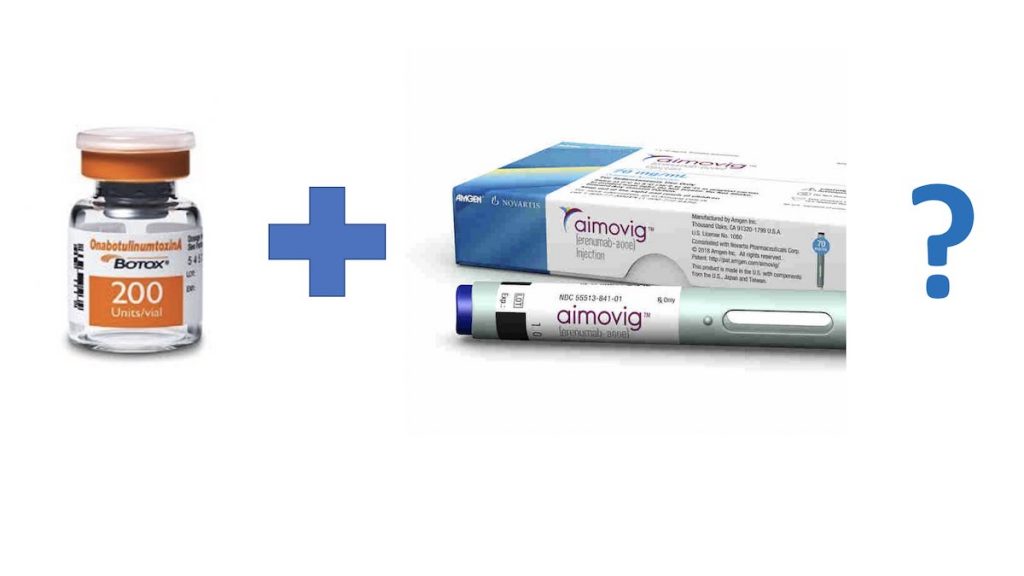
If you or your child is suffering from a deviated septum, there are several treatment options. This problem can be treated with surgery or conservatively. Before you decide to have surgery, be sure to read the pros and cons of each procedure. You might need other types or repairs in certain situations, such as a replacement septum.
Options for treatment
It can be difficult to breathe if your septum is deviated. There are many treatment options for this condition. These treatments can be used to relieve sinusitis symptoms and delay surgery. Decongestants are medications that reduce nasal swelling. They can be taken either by mouth or sprayed directly into the nasal cavity.
If it isn't severe enough to cause any long-term complications, a deviated septum can usually be treated without surgery. If the problem becomes so severe that it causes breathing difficulties, surgery is recommended. ENT doctors, also known as otolaryngologists, typically recommend surgery if non-surgical treatments don't work.
Surgical options
A deviated septum can be fixed surgically. This will allow you to breathe easier and decrease nasal congestion. Some options include a valve repair or turbinate reduction. You can also have surgery done to remove polyps, or to improve the function your sinuses. The risks and benefits involved in surgery are important to consider.

Though surgical procedures are not able to fix all deviated nasal septums, it is possible to have surgery if the deviated nose is causing severe congestion or interfering breathing. A deviated septum may make your nose look unnatural and can cause you to feel self-conscious about how your nose looks. Surgery such as septoplasty can straighten and correct nasal structural abnormalities. Patients can return home in the same day without any bruising, scarring, or swelling.
Surgeon complications
Sinus infections can often be caused by a deviated Septum. These infections can cause irritation and inflammation in the nasal passages, which in turn can lead to infection in the eyes and brain. If left untreated, these infections can spread to the brain tissue, causing brain damage or seizures. Sometimes, surgery is required to correct the septum deviation.
Surgery to correct a septum defect can lead to a variety of complications. Even though the risks associated with such surgery are minimal, they can cause long-term problems. Some symptoms may include bleeding and pain as well as infection. Some patients may need to see a neurologist in order to manage any complications.
Allergy treatment
A doctor will diagnose a deviated sinusum based only on the symptoms and an examination of the nose. To determine the cause, a doctor will ask questions about the symptoms and lifestyle of the patient. They may also perform a CT scan of the sinuses to determine the severity of the deviated septum.
Sometimes, patients can reduce their symptoms with allergy treatment for the deviated septum. It may reduce swelling of the septum and the surrounding tissue and relieve congestion. It will not fix the root problem.

Alternatives for surgery
Surgery is the most common procedure to correct a deviated septum. But there are alternatives. Endoscopic septoplasty is an excellent minimally invasive alternative to traditional surgery. Endoscopic septoplasty provides excellent visualization of bone, cartilage, and allows the surgeon to focus on the specific deformity.
This procedure corrects a deviated septum by straightening and reinserting it in the nose. To achieve proper alignment, the surgeon might need to make some cuts and then insert the septum again. You will have better airflow. But patients should be aware that the results of this surgery may not be permanent, and other conditions may make the condition worse.